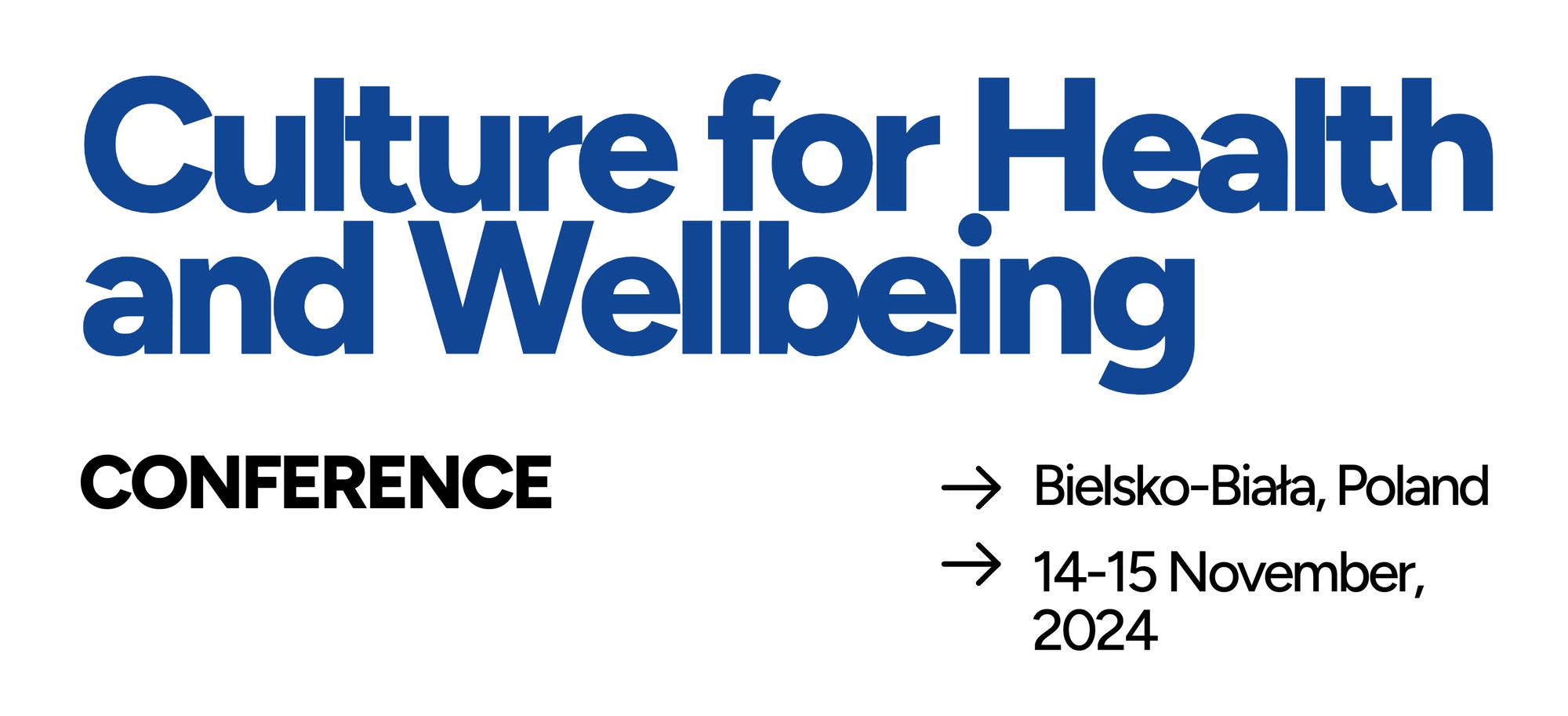

The event has already finished. We invite you to explore the conference materials on our social media channels: youtube, LinkedIn, Instagram.
If you are interested in collaborating with us on the Culture and Health program, please write to:
Summary
On 14-15 November 2024 Bielsko-Biała in Poland in cooperation with Culture Action Europe, leader of the Culture and Health platform, will be hosting a two full day conference to examine the potential for culture to support the health and wellbeing of people. Evidence shows that culture and artistic activities contribute to our social, physical and mental health and well-being.
The conference aims to raise awareness about these health benefits and the cost-effectiveness of a comprehensive, inclusive approach to health and social policy across the EU. It will focus on implementation methods in Central-Eastern Europe, using both European and local examples. Through presentations, panels, workshops, and cultural activities, participants will explore evidence-based practices and arts participation as a key health behavior. Attendees will include policy makers and experts from the cultural, health, and social sectors. The conference will also celebrate the launch of the Culture and Health platform supported by the European Union.
The conference will focus on the following topics:
- showcasing the evidence regarding the health and well-being benefits of cultural activities
- culture and forcibly displaced people
- culture and youth mental health
- caring for the helpers (e.g. rescue teams) and carers (medical staff and artists)
Participation in the conference is free, but registration is required.
For whom is the conference?
Artists and cultural practitioners: artists, curators, and cultural facilitators interested in how their work impacts health and well-being.
Healthcare professionals: medical staff, therapists, psychologists, and others working in health who are interested in the benefits of cultural activities on physical and mental health, including for youth and displaced populations.
Researchers and academics: scholars focused on health, cultural studies, psychology, and public policy who are researching the link between culture, health, and well-being.
Social workers and carers: individuals who work directly with displaced people, youth, and other vulnerable populations, as well as those involved in mental health or humanitarian aid, who may benefit from the discussions on caring for those providing care (e.g., medical teams, rescue workers, artists).
Policy makers and public officials: decision-makers at both local and EU levels responsible for cultural and health policies who would be interested in new evidence and case studies from Poland and the EU.
Non-governmental organizations (NGOs) and international bodies: organizations working in the intersection of culture, health, and wellbeing, especially in the context of displacement, mental health, and support for carers.
Youth workers and educators: those working directly with youth, particularly around mental health and cultural engagement, may find this conference beneficial for learning new strategies and insights.
Background
Arts can contribute in both preventing illnesses and promoting healthy behaviours as well as helping in the management and treatment of illnesses, as outlined by the WHO 2019 report “What is the evidence on the role of the arts in improving health and well-being?”and the “CultureForHealth Report: Culture’s contribution to health and well-being, A report on evidence and policy recommendations for Europe”.
EU Member States have decided to include in the Council Work Plan for Culture 2023-2026 the topic of “Culture and Health” as one of the areas jointly addressed through the “Open Method of Coordination (OMC)”. The “Culture and Health” OMC group, which comprises representatives from both the Ministries of Culture and the Ministries of Health from interested Member States started its work in February 2024.
This process is underpinned by the 2023 EU documents on the ‘Comprehensive Approach to Mental Health’ which explicitly refers to the role of culture (see the European Commission's communication, as well as the answer to it by all EU Member States: the EU Council Conclusions on the Comprehensive Approach to Mental Health.).
Programme
14th of November – Day 1
Morning session:
Venue: Polish Theatre Bielsko-Biała
9:00 - 9:30 Coffee
9:30 - 9:40 Opening ceremony by Mayor of Bielsko-Biała Jarosław Klimaszewski
9:40 - 11:00 Panel 1: Showcasing evidence on culture’s contribution to health and wellbeing
- Monica Urian, Policy officer, European Commission, Directorate-General for Education, Culture, Youth and Sport, Unit D1 – Cultural policy
- Kornelia Kiss, Head of Culture and Health, Culture Action Europe
- Paul Milbank, Government of Jersey – Learnings from the Culture on Prescription in Jersey
- Marta Ciesielska, Senior Advisor, Marshal’s Office of the West Pomeranian Region
Moderator: Nils Fietje, Technical officer, Behavioural and Cultural Insights Unit, WHO Europe
11:00 - 11:10 Introducing the Culture and Health Platform, Kornelia Kiss
11:10 Break
11:30 - 13:00 Panel 2: Culture for forcibly displaced people + examples
- Nataliia Martynenko, project coordinator „Culture Helps”, zusa GmbH
- Darren Abrahams, trauma therapist and professional musician, representing Musicians without borders
- Anna Ochmańska, International Organization for Migration
- Viltaute Žemelytė, Red Noses International, Emergency Smiles
Moderator: Monica Urian, Policy officer, European Commission, Directorate-General for Education, Culture, Youth and Sport, Unit D1 – Cultural policy
13:00 - 14:00 Lunch
Afternoon session (different locations in Bielsko-Biała):
14:30 - 16:30 Workshop sessions (There is a limit of 20 places for each workshop, and registration will be on a first-come, first-served basis):
- Music and the Nervous System workshop, Darren Abrahams
Explore the profound connection between music and the nervous system. Discover how music influences the same neurological pathways affected by trauma, through a blend of theory, hands-on activities, and real-world examples of innovative projects in this field.
Venue: Willa Sixta, ul.Mickiewicza 24 - Breath and movement for managing stress – workshop for carers and helpers, Katarzyna Szewciów (in Polish language)
The workshop aims to provide caregivers with tools to manage stress through breathing techniques, sound expression, and movement. It promotes relaxation, emotional release, and self-care. Participants will explore ways to process and release stress using breath and movement therapy.
Venue: Senior Center, ul. Dmowskiego 6 - Humor workshop by Red Noses, Anna Wojtkowiak-Williams
(in Polish, without English translation)
Why humour can be a great tool in hands and minds of the caregivers? How does humour work and how can we use it in the daily work with our beneficiaries? Come and check it yourself! And be prepared to laugh a lot 😉
Venue: Comunity Cultural Center, ul. 1 Maja 12 - Resilience, Grit, Flexibility, Flow - The Mental strength of artists and cultural workers workshop, Heather O'Donnell
This workshop focuses on cultivable mental strengths that are essential for a sustainable career in artistic and other sectors. We explore aspects of resilience, grit, flexibility and flow: developable personality traits that may sometimes be viewed as antithetical to artistic processes and sensibilities. We will explore how such mental strengths can be integrated into a holistic artistic approach. The workshop will include inputs, self- and group research and the opportunity for discussion.
Venue: Regional Cultural Center, ul. 1 Maja 8 - Set-Up to Thrive: How to Develop and Run Safe Creative Spaces, Grace Staniland, Frankie Mapes, The Drive Project
Come and take part in a relaxed, informal, and practical session run by The Drive Project. Hear about their 12 years of experience delivering award-winning arts wellbeing and recovery programs for the Armed Forces community in the UK. Learn about their wellbeing and safeguarding framework that surrounds their projects. Discuss their approach to best practice that strives to ensure everyone involved—participants, artists, and project teams—are supported and thriving. Be part of sharing your own best practice experiences so we can learn together as a group.
Venue: Point 11, ul. 11 Listopada 24 - Workshops for young people, Karol Pruciak (in Polish language)
Hygiene of working with the body through theatre. Building body awareness and releasing tensions by combining the techniques of elementary acting tasks with relaxation exercises. During the workshop participants will work with their energy, with their own body weight, and will be able to develop their creativity through free self-expression.
Enrolment via contact with Point 11 kontakt@punkt11.pl
Venue: Polish Theatre, ul. 1 Maja 1
16:30 - 17:30 Free time
17:30 - 19:00 Guided tour of Animated Films Studio - in engilsh and polish language
18:00 - 19:00 Curator's guided tour of the exhibition Don't hate the player, hate the game in BWA Gallery - in english and polsih language
18:00 - 19:00 Concert by the band Anaheim, performing pre-war Jewish music. The concert will take place at the headquarters of the Jewish Community in Bielsko-Biała
20:00 Evening party
15th of November – Day 2
Morning session:
Venue: Music School Bielsko-Biała, ul. Stanisława Wyspiańskiego 5A
9:00 Coffee
9:30 - 11:00 Panel 3: Culture for Youth Mental Health + examples.
- Ania Olejnik, Czerwone Noski, EmpowerTeens project
- Edith Wolf Perez, Arts for Health Austria, co-editor of the Voices of Culture report "Youth Mental Health and Culture"
- Karol Pruciak, actor and dancer
- Karilė Mozerytė, Coordinator of Education, Visitor Experience & Volunteers, representing MO museum (Lithuania)
Moderator: Kornelia Kiss
11:00 Break
11:30 - 13:00 Panel 4: How do we care about the helpers and carers (medical staff, artists, cultural workers, uniform service)
- Heather O'Donnell, TGR The Green Room, gUG
- Anna Wojtkowiak-Williams, Artistic Director of Czerwone Noski, Humour workshops
- Rafaela Ganga, Liverpool John Moores University
- Łukasz Mścisz, Paramedic, Silesian Medical University
- Alice Knight-Driver, Founder of The Drive Project
Moderator: Darren Abrahams
13:00 - 13:30 Conference closing by the OMC members of Culture and Health in Poland
- Natalia Kempa-Paplińska, Ministry of Culture and National Heritage
13:30 - 14:30 Lunch and end of the conference programme
14:30 - 16:30 Additional workshop session – Resilience, Grit, Flexibility, Flow - The Mental strength of artists and cultural workers workshop, Heather O'Donnell (There is a limit of 20 places and registration will be on a first-come, first-served basis)
Venue: Regional Cultural Center, ul. 1 Maja 8
HOW TO GET TO BIELSKO-BIAŁA?
The nearest airports are Kraków-Balice (80 km) and Katowice-Pyrzowice (90 km). Shuttle buses will be organized as transport from both airports to Bielsko-Biała for the conference; a detailed schedule will be provided soon. Bielsko-Biała is also well connected by rail to other cities.
WHERE TO STAY IN BIELSKO-BIAŁA?
The partner of the conference is Qubus Hotel Bielsko-Biała. If you want to take advantage of a 15% discount on the daily rate at Qubus Hotel Bielsko-Biała, make a reservation by email: bielskobiala@qubushotel.com. Reservation password: Conference Culture for Health, November 14-15. The discount is valid for reservations of at least 2 nights.
If you need assistance or advise with transport or accommodation, write to us:
office@cityofweaves.com
ORGANIZERS
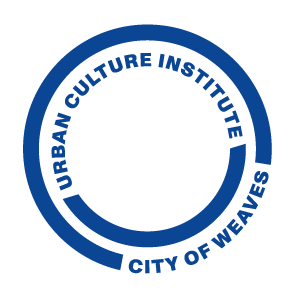
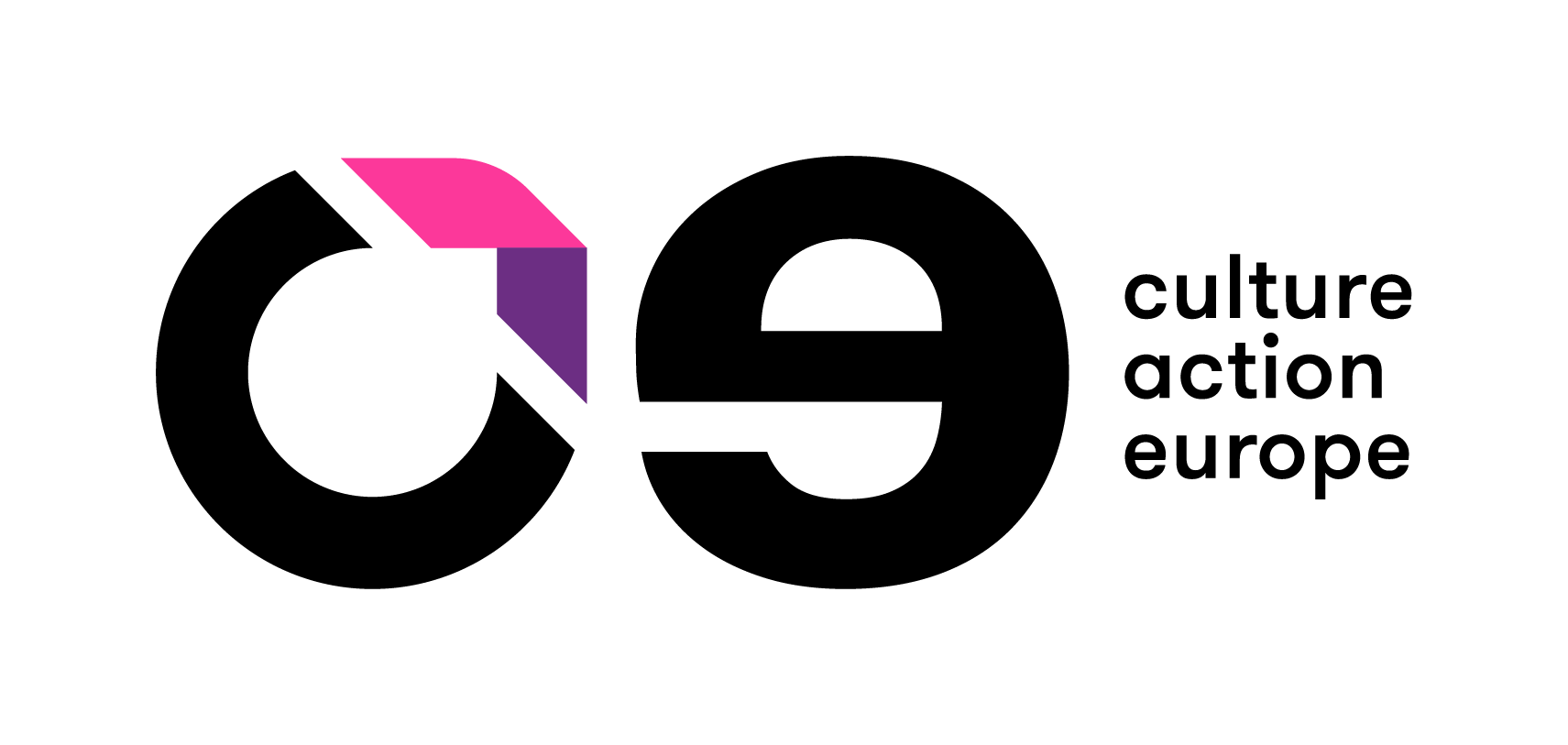
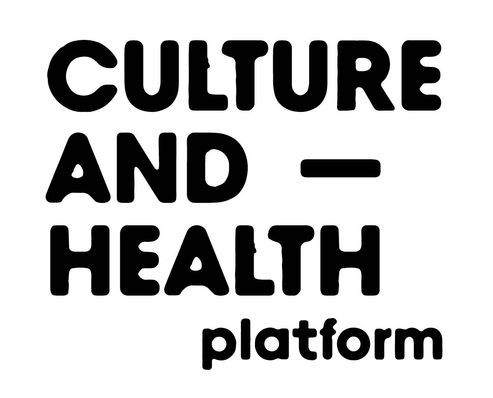
HONORARY PATRONAGE
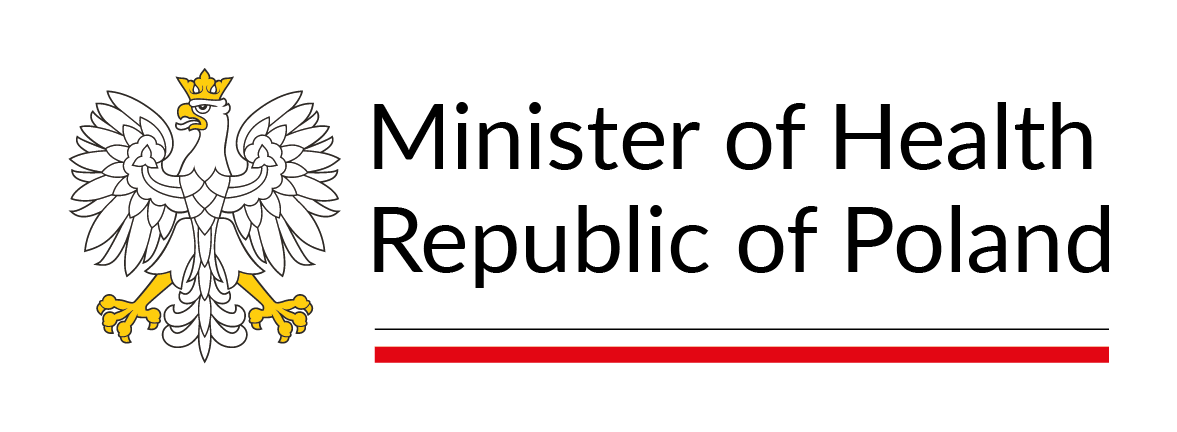

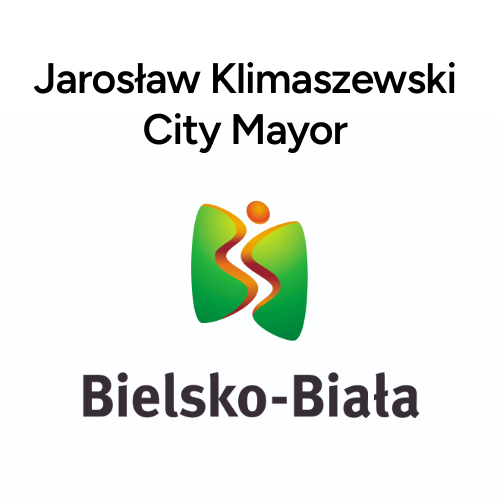

PARTNERS
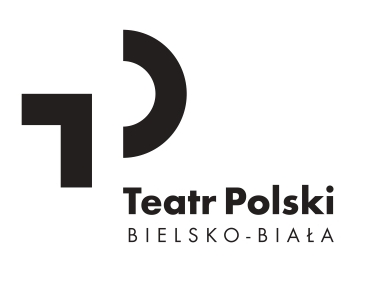
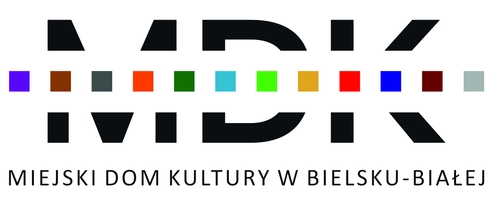
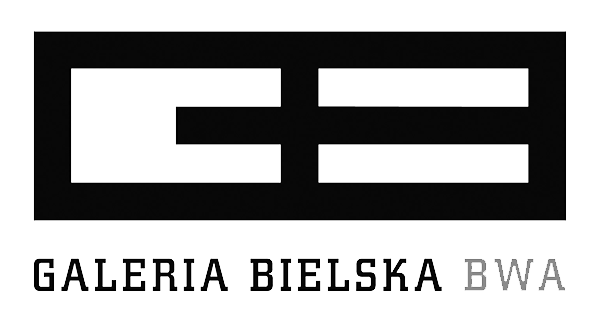
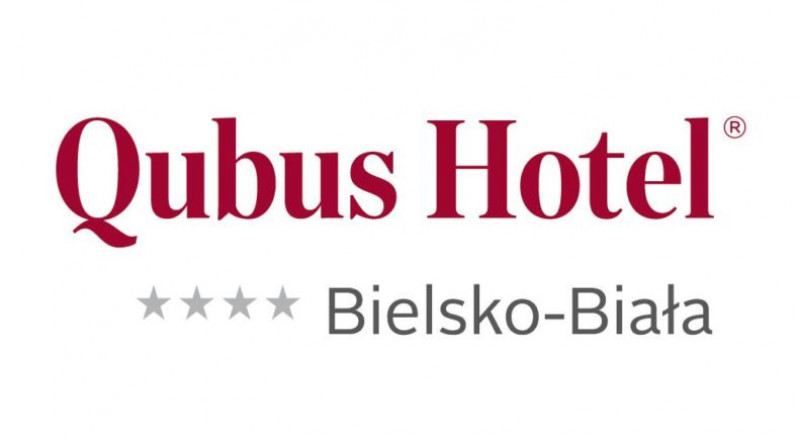

.png)

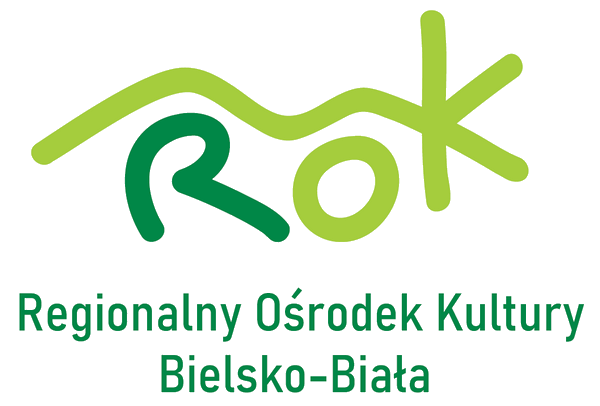
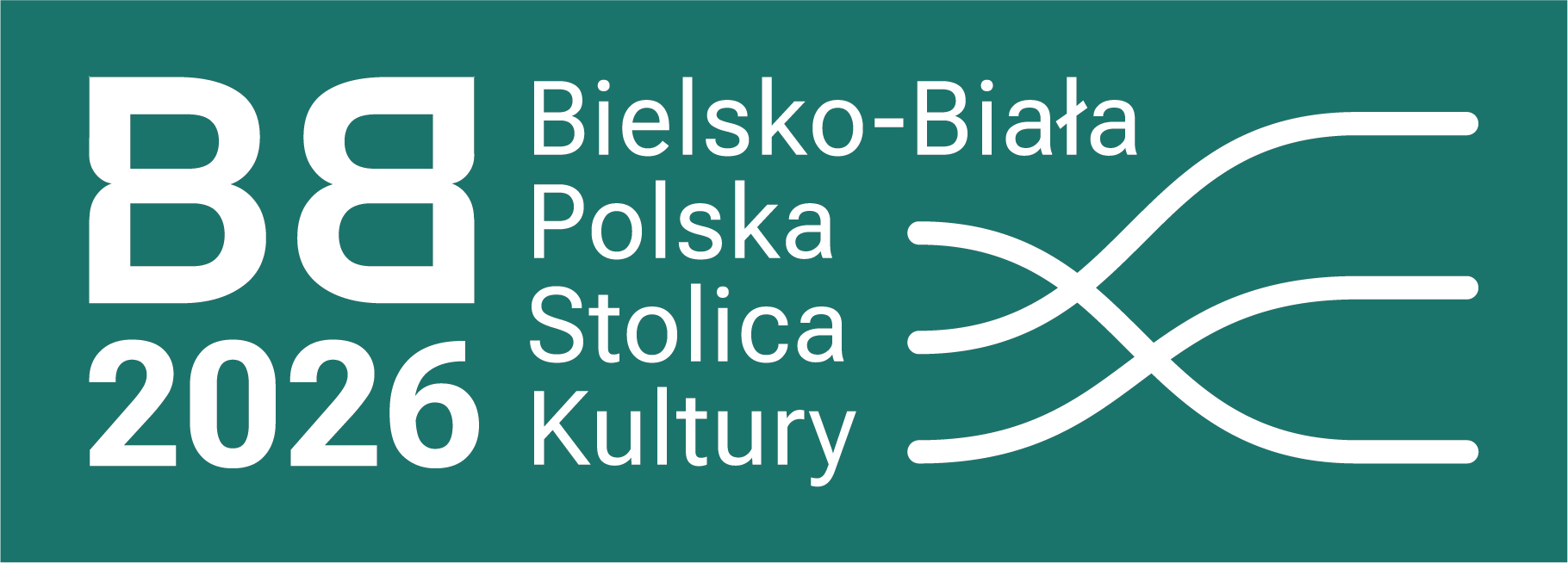
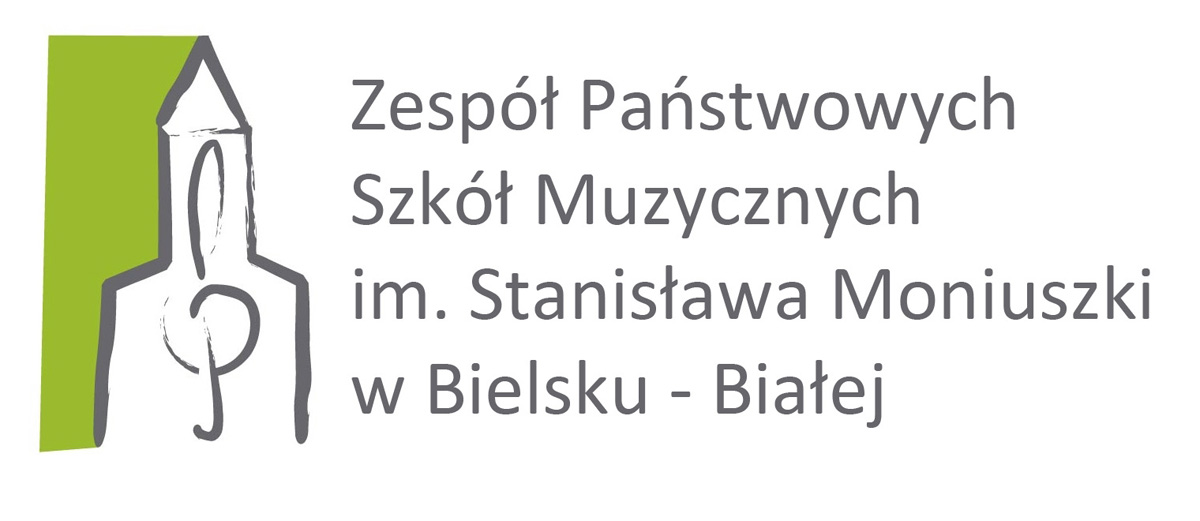

%20(3)%20(2).png)

